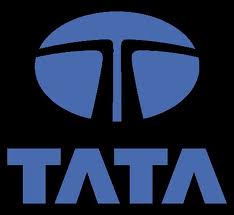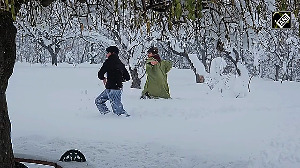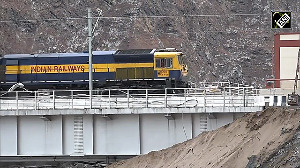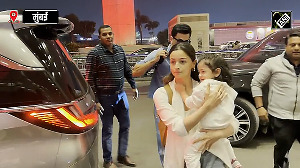The chairmanship of Tata Motors and Tata Steel after Ratan N Tata steps down at the end of 2012 appears to be an open question. It will be up to the new Tata group chairman, Cyrus Mistry, whether he decides to succeed Tata in heading two of the largest group companies or opt for new chairpersons for them. "It is for Cyrus to decide whether he becomes the chairman of the two companies or someone else," Tata said at a breakfast meeting with journalists here on Thursday.
"It is for Cyrus to decide whether he becomes the chairman of the two companies or someone else," Tata said at a breakfast meeting with journalists here on Thursday.
He explained that his predecessor, JRD Tata, had Russi Mody as chairman of Tata Steel and Sumant Moolgaonkar as chairman of TELCO (which was later renamed Tata Motors). But after he became the chairman of the Tata group, he eventually took charge of these two companies as their chairman, Tata said.
The statement is likely to trigger speculation over who the next chairmen of Tata Steel and Tata Motors would be at the end of 2012. B Muthuraman and Ravi Kant are the vice-chairmen of these two companies, respectively.
Although Tata addressed journalists in his capacity as Tata Motors Chairman and focused more on the automotive company's operations and plans, the two-hour question-and-answer session raised several issues concerning the Tata group.
A relaxed Tata sidestepped quite a few questions, particularly those pertaining to his succession and his plans after retirement.
When asked who the other shortlisted candidates were for the chairmanship of Tata Sons, Tata said at the end of the process the candidate to succeed him was "suitably
He rejected suggestions that his view on Indian economic prospects was downbeat and reiterated the country should aim at higher growth and that could happen if companies could look more at the Asian region and the domestic market.
"We can do more and expand on infrastructure by speeding it up," he said. When asked if the group still had plans to enter civil aviation, he said the space was cluttered and no longer an area of choice for the group. In the late 1990s, the group under him had tried to enter the civil aviation sector, but policy hurdles had come in the way.
Tata said he looked back at his chairmanship of Tata Motors as a tenure with several achievements, including the entry into the passenger car segment, expanding the product range, including the launch of a small car (which was a "robust" concept), strengthening the commercial vehicles, entry into overseas markets and finally the acquisition of venerable overseas brands, JLR ("a gutsy move").
Referring to the problems the Nano factory faced in Singur, West Bengal, Tata said the company's position on going back to West Bengal with investment plans had not changed.
"If the atmosphere is right, then we can look at it," he said while declining to list the factors that would make the atmosphere right. Much of the interaction with Tata focused on the Nano and its future.
Tata maintained the Nano project was more challenging than the Indica project, which produced the company's first car.
He said the company was looking at the American and European markets for launching a Nano-type car to suit the requirements of those markets.







 © 2024 Rediff.com -
© 2024 Rediff.com -